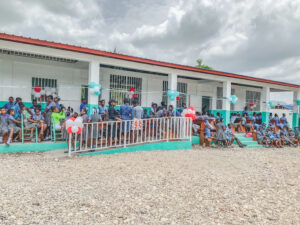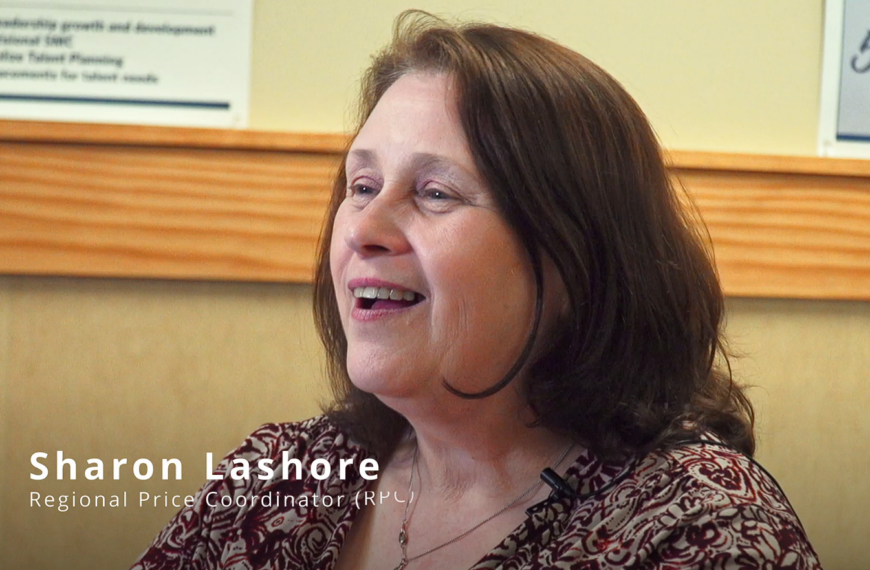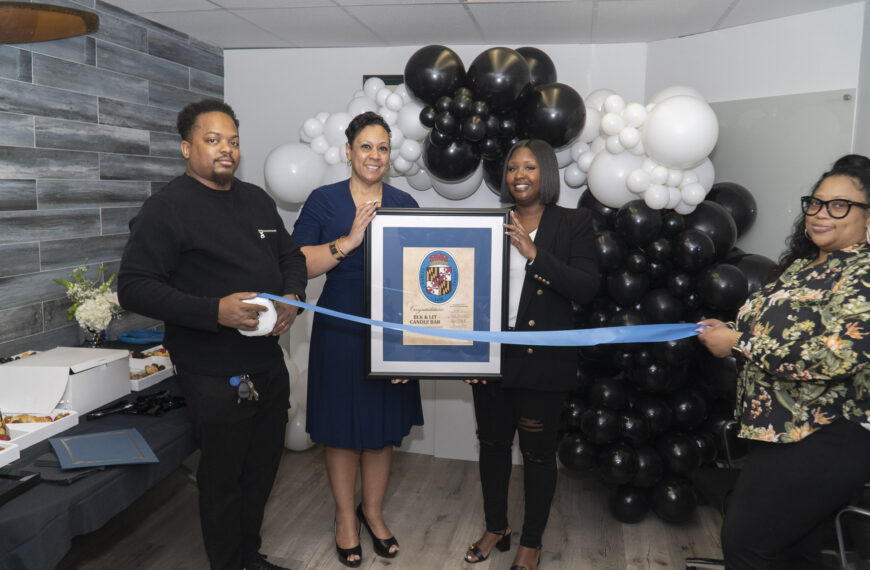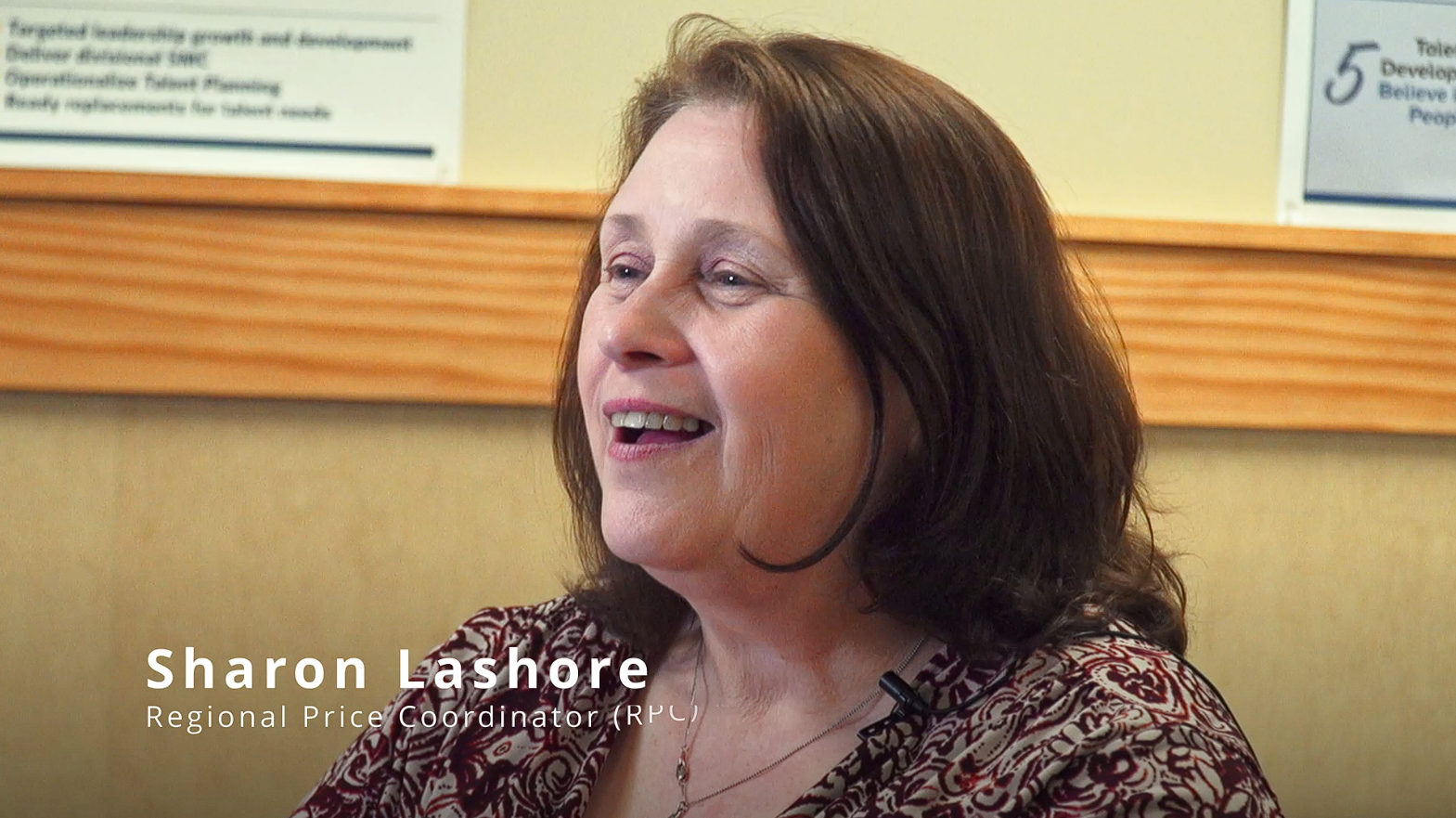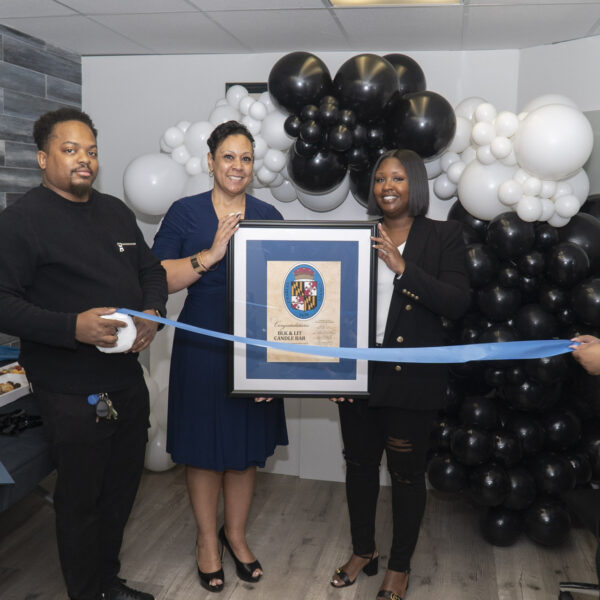At first glance, Vladinio Paul is a playful 11-year-old boy full of laughter and curiosity. However, Vladinio has nightmares about Haiti at night. Vladinio, a Haitian immigrant, came to Germantown, Md., on a visa a year ago and never returned.
“Until Haiti gets better, I want to stay here,” said the fifth-grader who was rescued with the help of Life Connection Mission, which is a nonprofit that provides education, nutritional meals, medical assistance and Christian ministry in Montrouis, Haiti.
He misses his mother and three-year-old brother, Prince, who are still in Haiti. He fears for their lives. Though seeing through the lens of a preteen, Vladinio represents a larger community of 852,000 Haitian immigrants currently living in the United States, riddled with grief as relatives suffer through a humanitarian crisis in Haiti.
The first quarter of 2024 has been the “most violent period” in Haiti since the United Nations human rights monitoring began, with 2,505 killings and injuries related to gang violence. An article in the Associated Press published March 3, said that almost 4,000 prisoners escaped after armed gangs stormed the state institutions in Port-au-Prince.
These violent attacks have forced the closing of the international airport, seaports, banks, grocery stores, over 18 hospitals and even the United States Embassy in Haiti are closed. The Washington Post article shared that the United States has evacuated its citizens, while 80 percent of the capital is under the control of armed gangs. The last of evacuation flights were set by the U.S. State Dept. to depart Port-au-Prince on April 12.
For most of Vladinio Paul’s life, Haiti has been in a state of turmoil.
“If I’m being honest, I don’t really miss it. Why? There’s nothing fun to do, all you do is stay in the house, because you might get hurt,” Vladinio said. For now, he is grateful to be with his godfather, Sebastien Lucien, in the United States.
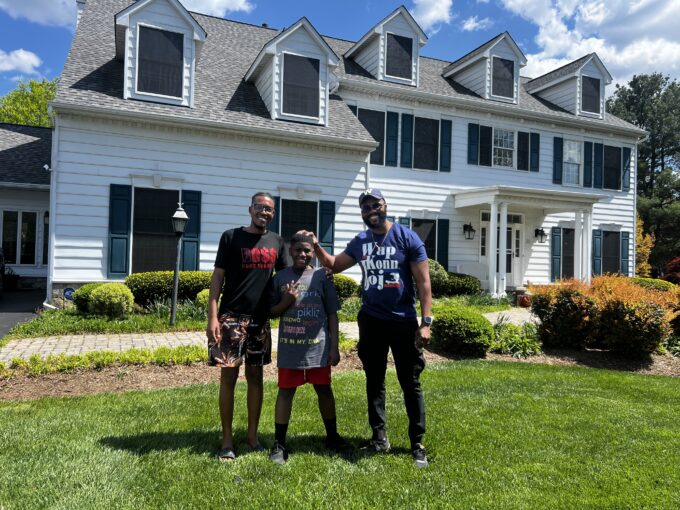
Sebastien Lucien, a 48-year-old accountant, immigrated to Germantown 15 years ago from Montrouis, Haiti, a rural town in northern Haiti. Lucien is also the president of the foundation in Haiti, which runs under the family-volunteer-run nonprofit.
“Our community in Montrouis used to be a very quiet, peaceful, friendly community, but it’s not anymore.” Sebastian Lucien said. “Because we have gangs there too. So if you go to a school building, there’s bullet holes.”
Lucien has helped Haitians immigrate to the United States for the past 15 years, including his godson Vladinio. Lucien used to visit Haiti almost monthly, however it’s been over four months since his last visit due to the humanitarian crisis.
Advocacy Groups Bring Much-Needed Relief
Advocacy groups such as Life Connection Missions, have become critical to the survival of Haiti’s poorest families. Mission of Hope is another advocacy group that still has boots on the ground in Haiti.
“Looking at the 2010 earthquake–incredibly devastating,” Don Allenworth, chief development officer of Mission of Hope, said of the earth-shifting disaster that took 222,570 lives. “We’re concerned that this humanitarian crisis is going to far exceed what happened after 2010. We really need to be activated and do all we can to help people through this next transition.”
The nonprofit has 380 Haitian staff and leaders who provide 125,000 meals a day in Haiti at various sites throughout the island. Mission of Hope distributes food to children and families across Haiti. However their schools and distribution centers in Port-au-Prince have been closed for several months.
“One of our staff members shared that he was on the phone with his brother three weeks ago. His brother was in his mother’s house and they were laying on the floor because there was a 40-minute gunfight going on. So they’re laying there,” Allensworth said. “I mean obviously that affects anyone’s mental health, I mean, if you’re afraid to go outside. Certainly, you can’t do business, you can’t earn money, you can’t get groceries.”
Jovi Chamblain, a Haitian-American production coordinator at Paramount Media Networks in New York, carries the burden of her senior-aged father’s safety in silence.
Jovi Chamblain’s father, a 69-year-old, Port-au-Prince resident, sends others to buy food for him, while he waits at home for the unrest to settle. Despite the crime groups, food insecurities and uprisings, he shows no signs of leaving.
“It has been stressful, just dealing with that. Worrying about him, sometimes there’s no electricity… when there are attacks going on in his area, and I don’t hear from him, that brings so much stress for me and my family members, until we can hear from him, and sometimes it can be three days or a week,” Chamblain said in a video call.
She’d just texted him the day before to check on his well-being, though she feels the need to call since tensions have risen again in his neighborhood.
Chamblain said, “He loves his country, that’s where he feels the safest…he’s going to stick with it and stay with his people.”
Despite her father’s decision to stay, Chamblain is helping her family apply to sponsor relatives in Haiti to migrate to the United States through Biden’s humanitarian parole process.
A New Avenue for Immigration to the U.S. for Haitians
The Department of Homeland Security allows U.S. citizens, permanent residents and organizations to support individuals from Cuba, Haiti, Nicaragua or Venezuela through the Process for Cubans, Haitians, Nicaraguans and Venezuelans, also known as humanitarian parole.
Sponsors who apply through this process are required to help beneficiaries with housing, education, childcare, healthcare, employment and other needs for up to two years.
According to the U.S. Citizenship and Immigration Services, the United States “may grant advance travel authorization to up to 30,000 noncitizens each month to seek parole on a case-by-case basis under the processes for Cubans, Haitians, Nicaraguans, and Venezuelans.”
A limit of 30,000 applications are accepted monthly, but 1.5 million applications were submitted from all four nations in the first several months. This is more than enough applications to fill all the available slots for four years.
In response, the United States began processing half of the applications via a lottery system, while the others are processed in order of receipt.
“Haiti’s cases are not approved fast enough. We have people sleeping on the streets right now,” Maline Lisme, a Florida immigration consultant, said. Lisme shares that she has helped over 200 parolees in the United States using the humanitarian parole process from January 2023 to April 2024.
“When they ask you to sponsor someone, you need to show proof of work, proof of income and money in the bank,” Lisme said. “I have clients that are making over $200,000 a year. They’re homeowners, they have the qualifications but they’re getting denied. What’s going on?”
Haitian Families Are Using Their Own Resources
In addition to applying through the parole process, Haitian families in the U.S. are using their own resources to bring relief to those suffering in Haiti.
Pascale Belony, a 30-year-old traveling nurse and Miss Universe Haiti 2021, paused her monthly visits to Haiti, where she once helped the community as a nurse and a nonprofit board member, educating teachers and training young professionals. However, her support for Haiti did not end there.
“I have a cousin and a mentee of mine – their entire family had to relocate because the bandits came and took over their whole neighborhood,” Belony said. “So I had to send money for food, money, to find a new place. Things are just at a stand still in Port-au-Prince, so they have no way of sustaining themselves.”
Remembering Where the Crisis Began
Haitian families in the U.S. continue to hope for Haiti’s recovery despite decades of turmoil. From a 7.0 magnitude earthquake in 2010, to a presidential assassination in 2021, Haiti has endured a series of crises.
“This crisis began long ago,” Baloney said. She recalls Haiti’s rocky history that began in 1804 when it gained independence from France through a slave revolt. According to the U.S. State Department, the United States did not officially recognize Haiti as an independent country until 1862 due to fears that news of a slave revolt would influence the slave trade in the United States.
“When you’re a new nation whose economy thrives on about 40% of GDP from agricultural imports/exports, that kills your economy,” Belony said. She also recalls France’s demand for reparations as an “independence debt” which kept the country in debt until 1947.
“Go to the beginning and ask yourself, why has Haiti not been able to stand? It’s because we’ve been paying for our independence. It’s so much bigger than what we’re seeing right now,” Belony said.
Greater Hope for Haiti
Haitian families in the U.S. find comfort and hope as they remember a greater Haiti.
“Haiti is not poor. Haiti is a very wealthy country and island and we have so many natural resources that haven’t been touched,” Jovi Chamblain said. In the 1760s, Haiti was one of the most profitable colonies in the Americas, known for producing sugar and coffee under French rule.
“Haitians are not savages,” Pascale Belony said. “We have to be in charge of our story, there’s so much propaganda in the media against Haiti, we must know ourselves, our true story and we must take responsibility to share the right story.”
